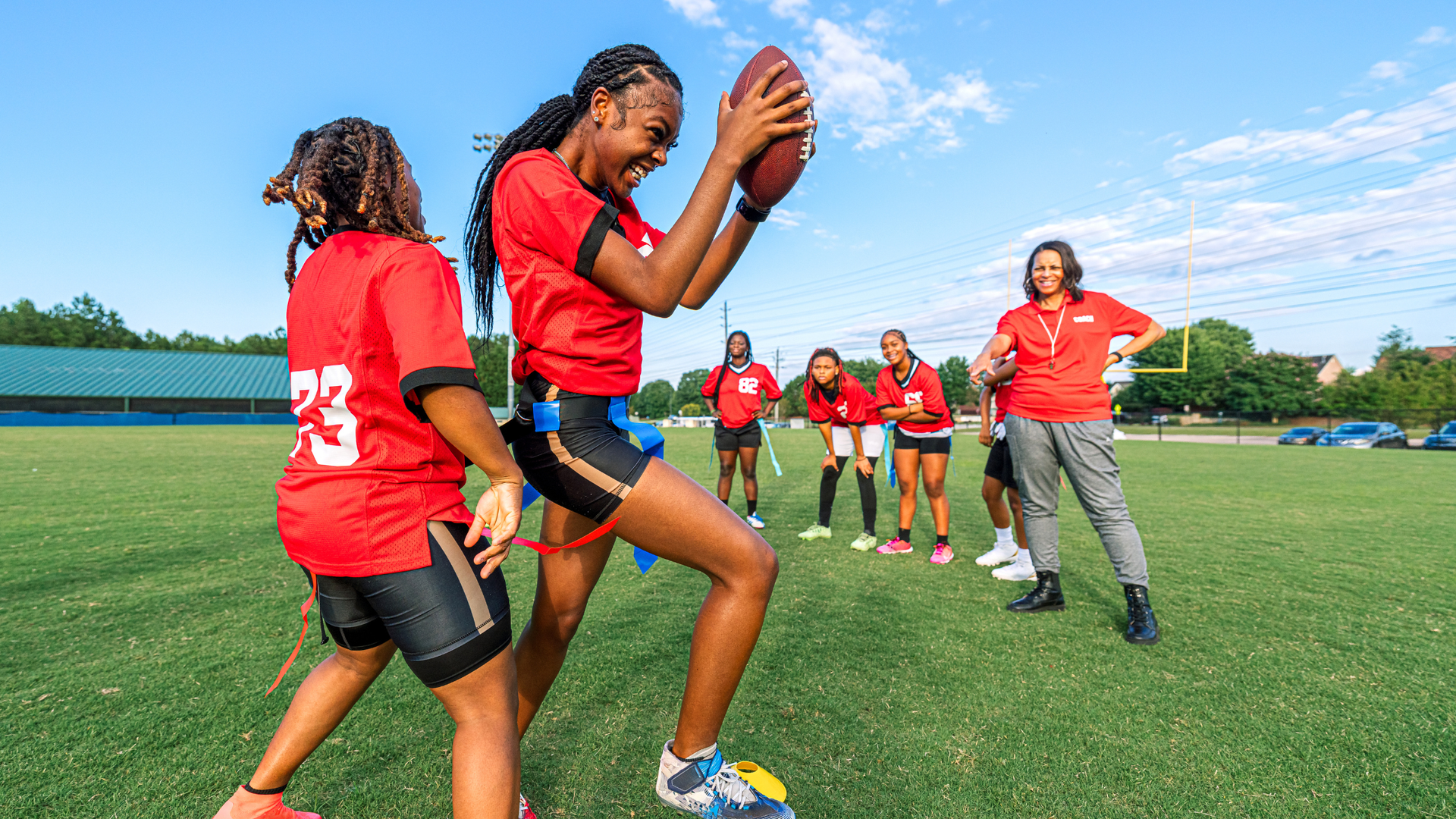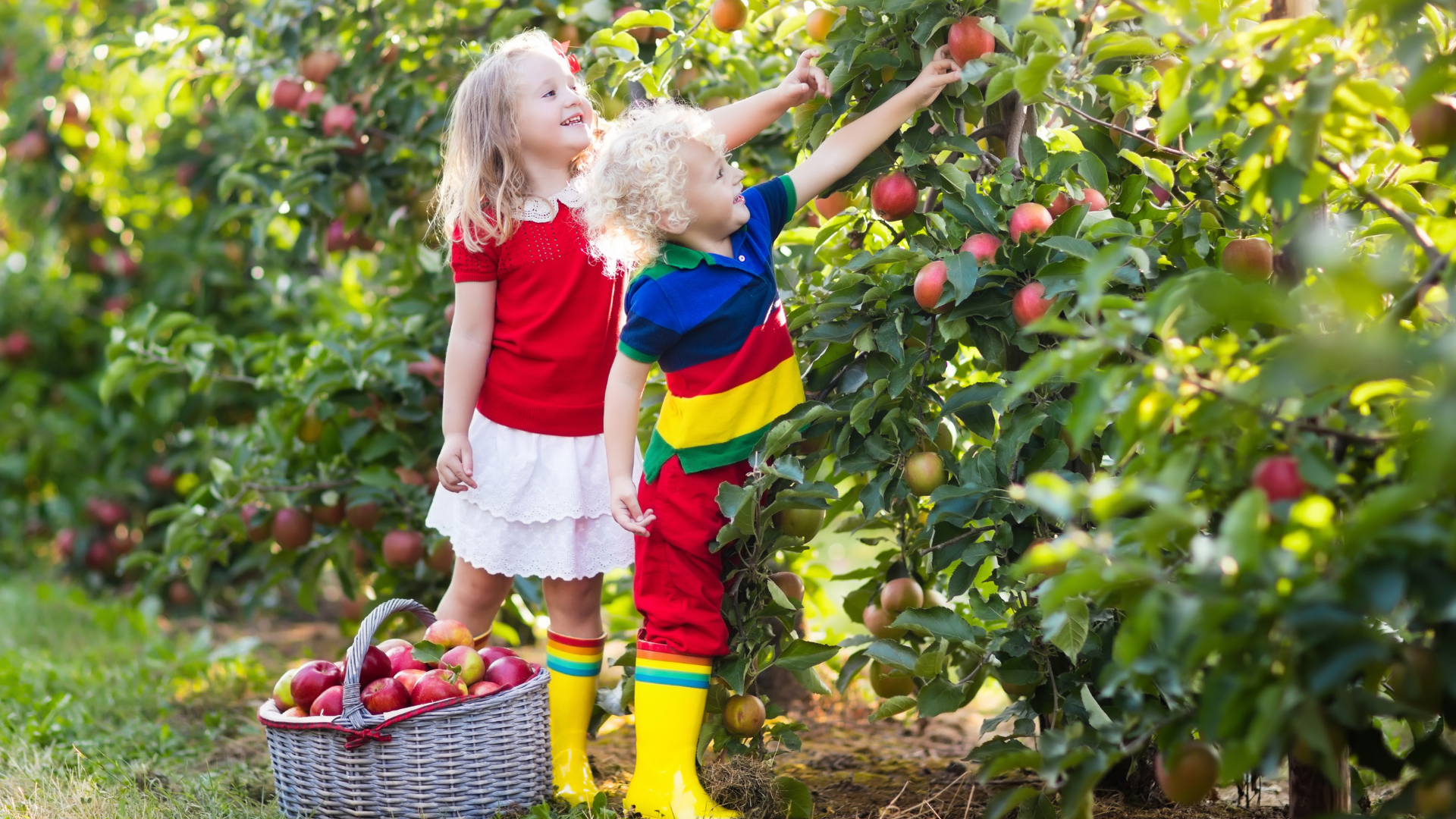Chores By Age
Teaching kids how to do chores is one of the best ways to instill responsibility, teamwork, and independence. From toddlers who love to help to teenagers ready for adult-level tasks, each stage of childhood offers unique opportunities for children to learn and grow through household chores.
The key is assigning age-appropriate chores that are manageable, fun, and meaningful. By doing so, you'll set your child up for success—both in the home and in life. Below, we’ve broken down chores by age group, providing guidance on what kids can realistically handle at different stages of development.
Chores by Age: A Helpful Guide for Parents of Kids Ages 3-18
Ages 3-5: Small Tasks for Big Helpers
At this age, children are curious and enthusiastic, though their fine motor skills and attention span are still developing. The goal is to introduce easy, hands-on tasks that they can do with minimal supervision.
Chores for Kids Ages 3-5:
- Putting dirty laundry in the hamper: Encourage your toddler to help sort and place their clothes in the laundry basket.
- Feeding the pet: Supervise your child as they help pour pet food into the bowl.
- Watering plants: With a small watering can, children can help water houseplants or the garden.
- Picking up toys and books: Encourage them to put their toys and books back on shelves or in bins after playtime.
- Helping with groceries: Let them hand you items from the grocery bag as you unpack.
Why this helps: Simple tasks help young children understand the importance of contributing to family life and encourage a sense of pride in their work.
For more toddler-friendly chores, see this guide to household chores for toddlers.
Ages 6-9: Developing Independence with Supervision
As children grow, they become more capable of completing tasks with greater precision. At this stage, they can begin to take on more responsibility but will still need occasional guidance and encouragement.
Chores for Kids Ages 6-9:
- Making their own bed: They can pull up blankets and arrange pillows on their own.
- Setting the table: Have them place silverware, napkins, and cups for meals.
- Sweeping the floor: Teach them to use a broom to sweep small areas like the kitchen or living room.
- Sorting the recycling: Show them how to separate recyclables like paper, plastic, and cans into designated bins.
- Washing the car (with help): While they may not do the entire car themselves, they can help with rinsing or scrubbing areas.
Why this helps: At this age, kids are learning to follow instructions, build a work ethic, and take pride in tasks that contribute to the household.
For more chore ideas for this age group, check out this helpful guide on kids' chores by age.
Ages 10-12: Increasing Complexity and Responsibility
Preteens are ready for more detailed tasks that help foster greater independence. These chores help them develop problem-solving skills and give them a sense of ownership over their responsibilities.
Chores for Kids Ages 10-12:
- Doing their own laundry: Teach them how to load the washing machine, use detergent, and fold their clothes afterward.
- Cleaning the bathroom: Assign them the task of cleaning mirrors, countertops, and emptying bathroom trash bins.
- Preparing simple meals: Allow them to cook basic meals such as sandwiches, scrambled eggs, or a salad.
- Vacuuming the house: They can take on vacuuming common areas like the living room or hallway.
- Taking care of younger siblings: Supervise them as they help with basic childcare duties like playing with or watching younger siblings.
Why this helps: These tasks help preteens build essential life skills such as time management, basic cooking, and self-care, while also teaching them to take responsibility for their personal space.
For more ideas on how to get your preteen involved in chores, check out this article on kids' chores by age.
Ages 13-15: Promoting Autonomy and Leadership
Teens are ready to manage most household chores with minimal guidance. At this stage, their chores should reflect growing maturity and prepare them for adulthood.
Chores for Kids Ages 13-15:
- Cooking full meals: Teens can start preparing dinner for the family, including cooking more complicated dishes like pasta, stir fry, or casseroles.
- Mowing the lawn: If they are physically capable, teens can take on the responsibility of mowing the lawn and maintaining the yard.
- Cleaning out the garage: This may involve sweeping, organizing tools, or helping with larger cleaning tasks in the garage.
- Washing windows: Teach them to clean the inside and outside of windows to improve their attention to detail.
- Shoveling snow (seasonal): In the winter months, teens can take charge of snow removal from the driveway or walkway.
Why this helps: These chores encourage teens to take on adult-like responsibilities and continue building life skills necessary for independence.
Ages 16-18: Preparing for Independence
As teens approach adulthood, they should be fully capable of managing all household chores independently. At this stage, the focus is on preparing them for life outside the home, whether they are off to college or entering the workforce.
Chores for Kids Ages 16-18:
- Meal planning and grocery shopping: Teens can plan meals for the week, create shopping lists, and go grocery shopping.
- Car maintenance: If they own a car, teach them to check oil levels, inflate tires, and perform basic maintenance tasks.
- Managing family finances: They can help with paying bills, budgeting for groceries, or understanding household expenses.
- Organizing closets and storage spaces: Assign them the task of decluttering and reorganizing closets, pantries, or storage rooms.
- Household repairs: With guidance, teens can start learning how to perform simple repairs like fixing a leaky faucet or patching up walls.
Why this helps: At this age, teens should be preparing for independence, and these chores teach them practical skills that will serve them well as they leave home.
Chores Help Kids Develop Life Skills
Assigning chores based on age helps children develop a sense of responsibility and prepares them for adulthood. By gradually increasing the complexity of tasks as your kids grow, you’re not only keeping the house tidy but also helping them learn important life skills.
Start with small, manageable tasks for younger children, and by the time they’re teenagers, they should be fully equipped to handle adult responsibilities. In doing so, you’ll raise children who are capable, confident, and ready to take on the world!
Let’s make chores a fun and rewarding part of family life!











